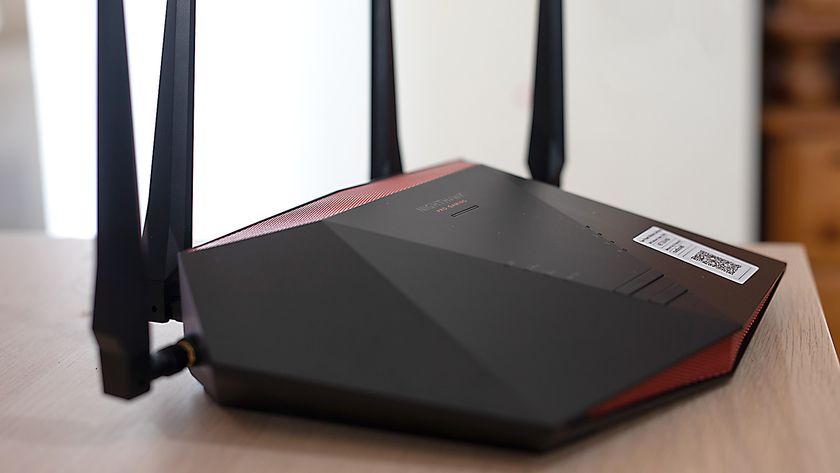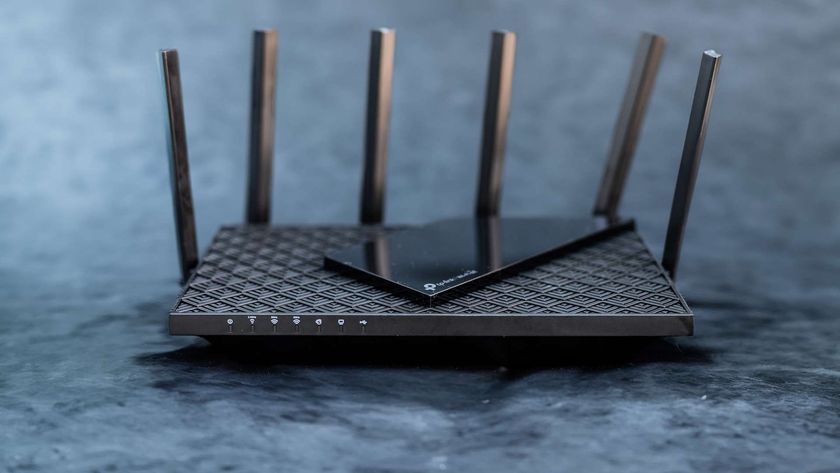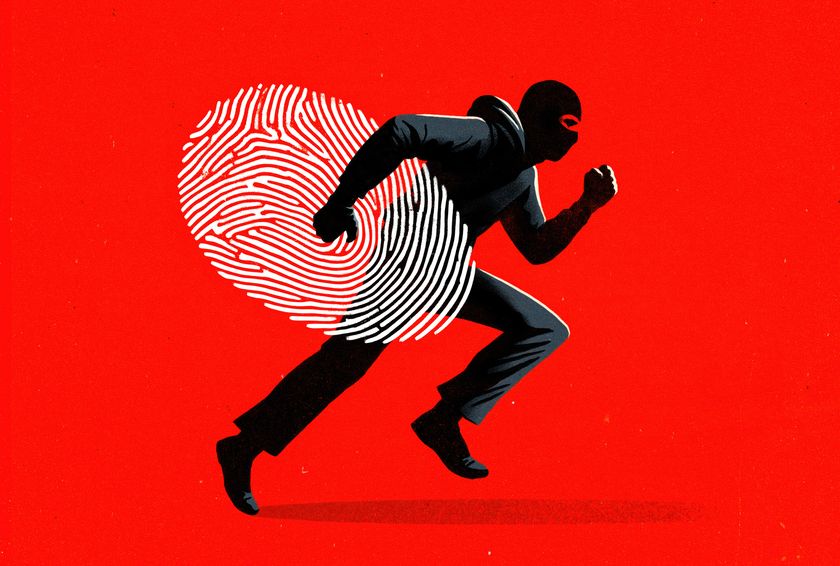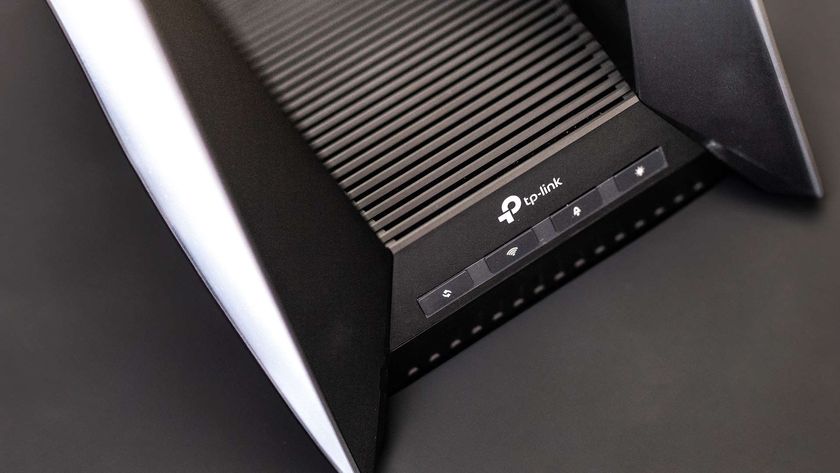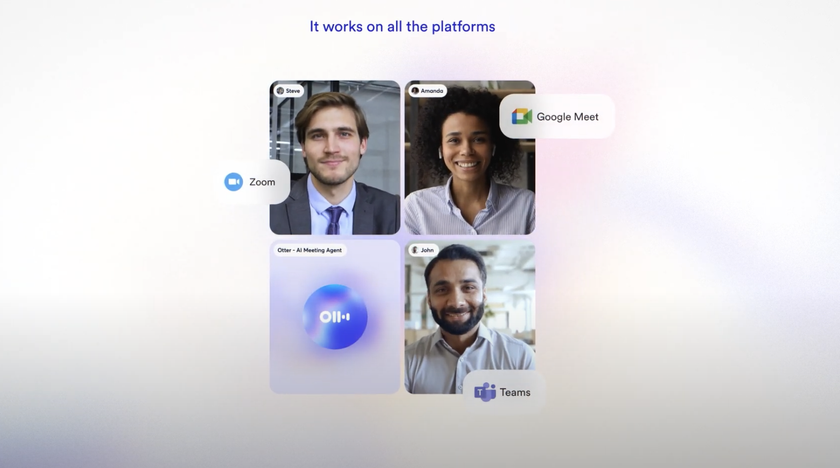Internet service providers will no longer send copyright alerts in the U.S.
Failed strategy for fighting piracy.

For the past several years internet service providers (ISPs) have been sending copyright alerts to online pirates on behalf of movie studios and record labels. These letters often used intimidating language with threats of hefty fines and service throttling, but much to the dismay to those who supported the effort, the letters were about as effective as spitting in the ocean to raise the tide.
Even so, many of those involved in the initiative called the voluntary program a success even though they're choosing not to extend it.
“After four years of extensive consumer education and engagement, the Copyright Alert System will conclude its work. The program demonstrated that real progress is possible when content creators, internet innovators and consumer advocates come together in a collaborative and consensus-driven process. CAS succeeded in educating many people about the availability of legal content, as well as about issues associated with online infringement," members of the Center for Copyright Information said in a statement.
The program offered considerable leeway to pirates. Potential penalties weren't levied until an offender ignored six or more warnings and generally did not include the cancellation of internet service. Part of the reason is that ISPs weren't comfortable with being liable for their customers' behavior and having to penalize them.
It took years to hammer out an agreement between major ISPs and both the Motion Picture Association of America (MPAA) and Recording Industry Association of America (RIAA). Part of the agreement called for the creation of the Center for Copyright Information to take charge of the program and provide a way for those who received notices to challenge them in arbitration.
While some are spinning the program as a successful education campaign, Steven Fabrizio, executive vice president and global general counsel at the MPAA, remains frustrated at the lack of results among the worst offenders.
"These repeat infringers are the ones who drive ongoing and problematic P2P piracy. In fact, an estimated 981 million movies and TV shows were downloaded in the U.S. last year using P2P," Fabrizio said in a statement, according to Variety.
The biggest gaming news, reviews and hardware deals
Keep up to date with the most important stories and the best deals, as picked by the PC Gamer team.
As to the copyright alert system, Fabrizio said that even though a "significant number" of users stopped pirating content as a result of the alerts, the program "was simply not set up to deal with the hardcore repeat infringer problem." He also said that ultimately it's up to the ISPs to address the issue by leveraging the Digital Millennium Copyright Act (DMCA).
Paul has been playing PC games and raking his knuckles on computer hardware since the Commodore 64. He does not have any tattoos, but thinks it would be cool to get one that reads LOAD"*",8,1. In his off time, he rides motorcycles and wrestles alligators (only one of those is true).
